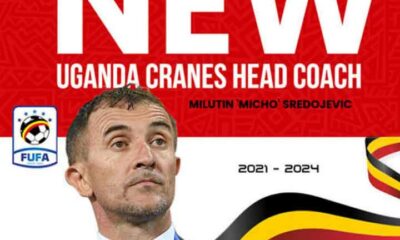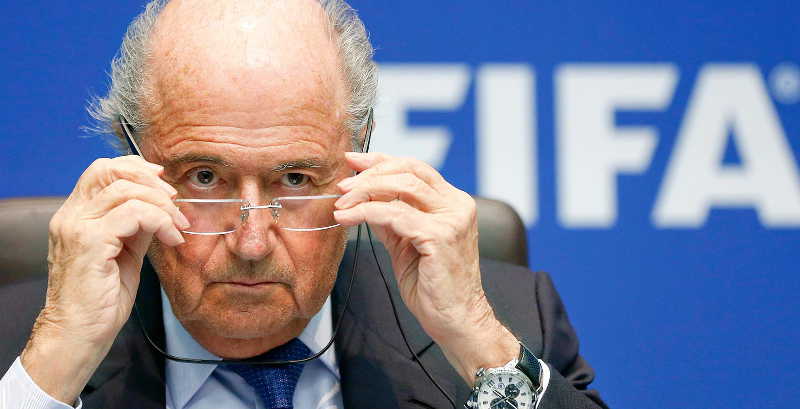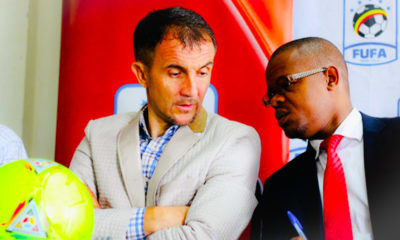Sports
Can Blatter’s capitulation expose corruption across football?
FIFA president Sepp Blatter, whose sensational resignation from the most prestigious job in world football continues to reverberate around the world.
Blatter’s announcement, coming just days after being elected into office for the fifth time, appeared to have been triggered by reports that the American Federal Bureau of Investigations (FBI) had placed him under probe.
Blatter, who had rejected any calls to resign even after seven of his senior managers had been indicted over Corruption by the United States, capitulated after a former FIFA Executive Committee Member for North America Chuck Blazer admitted under oath that FIFA executive committee agreed to receive bribes in granting the right to host two World Cup bids to France and South Africa in 1998 and 2010 respectively.
Blazer entered a guilty plea in a US district court for racketeering and other charges, in which he said, “I and others on the FIFA executive committee agreed to accept bribes in conjunction with the selection of South Africa as the host nation for the 2010 World Cup.”
While many have suspected and complained about corruption at FIFA, the unfolding scandal reveals the evil of graft dates back many years. In fact Blatter’s predecessor, the Brazilian Joao de Havelange was found guilty of taking bribes from a marketing company.
From Blazer’s admission, more revelations have since come out to indict soccer’s world governing body. The latest on the FIFA scandal is that Blatter and company paid the Football Association of Ireland (FIA), which also accepted, a whopping US$5 million to stop a court case in which Ireland contested Thiery Henry’s handball goal that saw France qualify for the finals of the 2010 Fifa World Cup that were held in South South.
The BBC reports that FIA Chief Executive John Delaney reached agreement with FIFA because he believed they had a strong case against Fifa.
Delaney said a “legitimate agreement” was made to stop Ireland from pursuing legal action against FIFA.
But football analysts would be hard-pressed to believe that corruption at FIFA was an isolated incident or even a new thing. Rather, the unfolding FIFA scandal may help the beautiful game to come to terms with what many consider deep-seated hidden corruption.
The Fifa scandal comes in the footsteps of several corruption scandals involving match fixing in several elite leagues in Europe, as well as other tournaments on all six continents of the globe.
Only a few years ago, the Italian club Juventus was punished and relegated to a lower league upon evidence that they had been involved in match-fixing.
And in several African football tournaments, corruption has reared its ugly head several times, involving referees, entire national squads and tournament organisers.
Uganda’s very own referee Charles Masembe was banned from officiating in FIFA tournaments after he controversially allowed the game between South Africa and DR Congo several minutes of extra time.
It appears therefore that as the eyes and ears focus on Blatter and FIFA, equal attention needs to be paid to how football is governed globally.
For example, FIFA’s legal status as a not-for-profit organisation in Switzerland allows it to evade public scrutiny that would be expected of an organisation of its stature.
Several football associations such as Uganda’s FUFA have faced similar questions regarding their statuses which often leaves both the government and soccer fans in a state of confusion, and thus undermine the game.
Comments



























